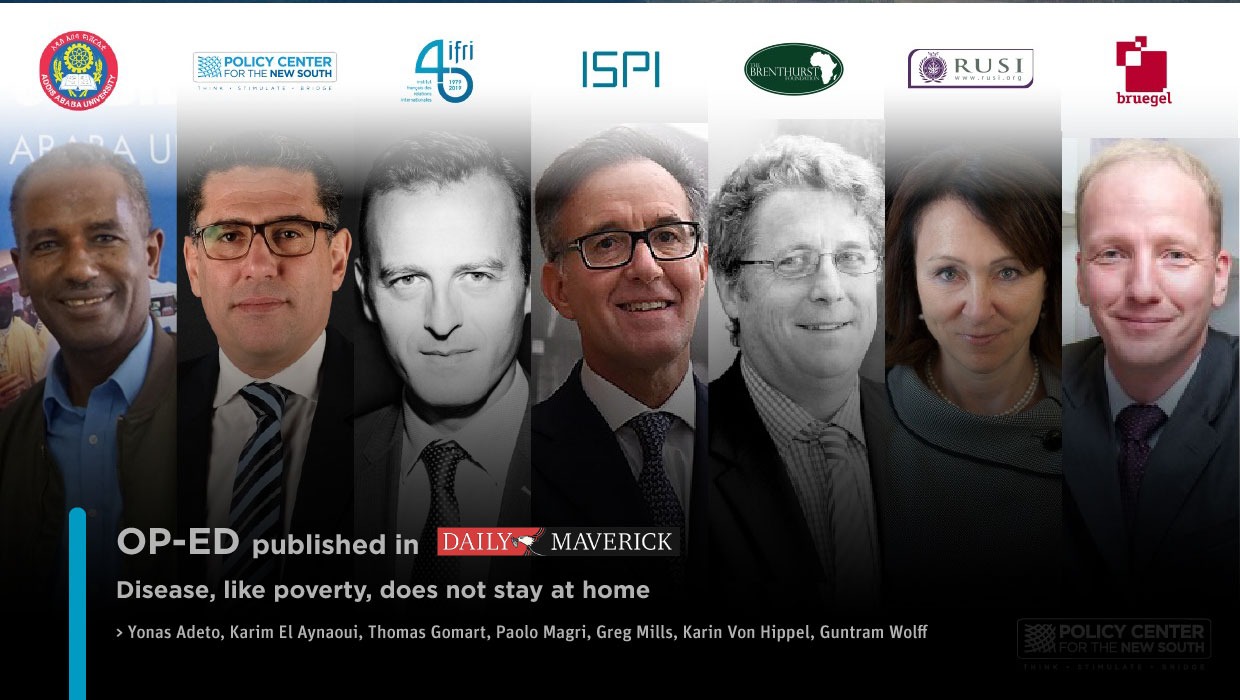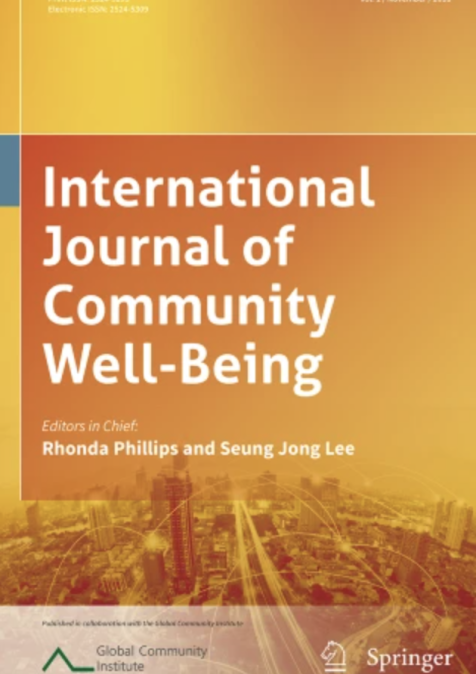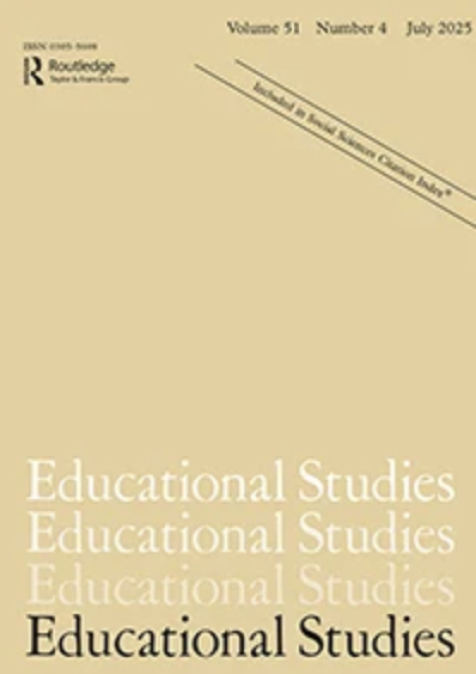Publications /
Opinion

Covid-19 should change global politics. The speed and scale of its transmission, and the severity of its impact is not, we know now, to our cost. As the virus rapidly tracks people vectors worldwide, the control of its impact is inextricably linked to the availability of resources and depth of governance. For these reasons, global leaders should focus on its impact among the most vulnerable, and in particular in Africa.
Just three months ago, on 31 December 2019, Chinese authorities informed the Beijing office of the World Health Organisation of a possible epidemic. Within 100 days, 3-billion people worldwide were locked down in their homes. This is a completely radical approach to deal with a public health emergency. But what does it mean for countries without primary sanitary infrastructures and little in the way of public tools?
Read the OP-ED in the Daily Maverick : https://www.dailymaverick.co.za/article/2020-04-06-disease-like-poverty-does-not-stay-at-home/











